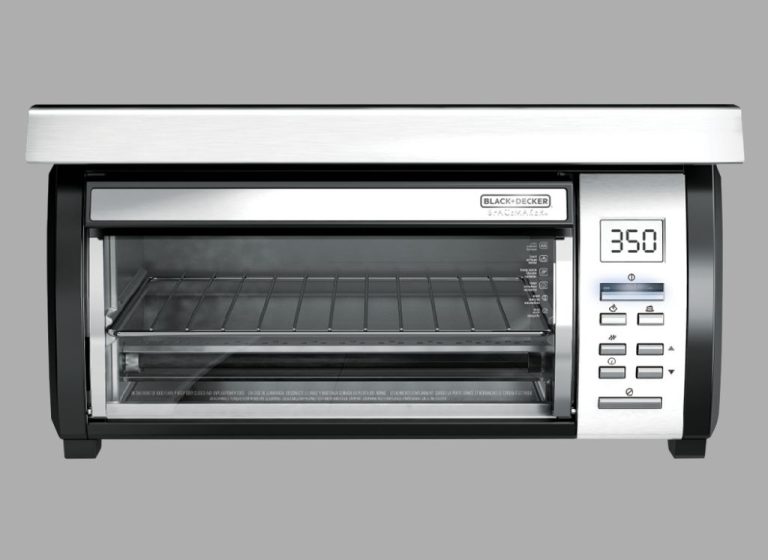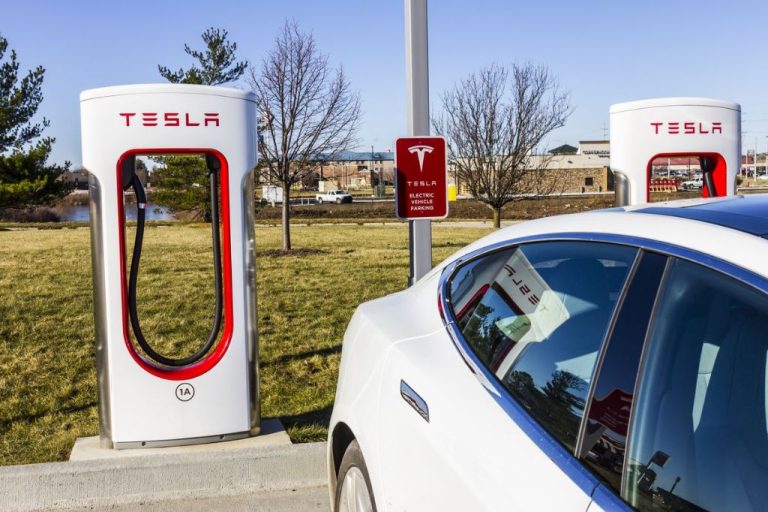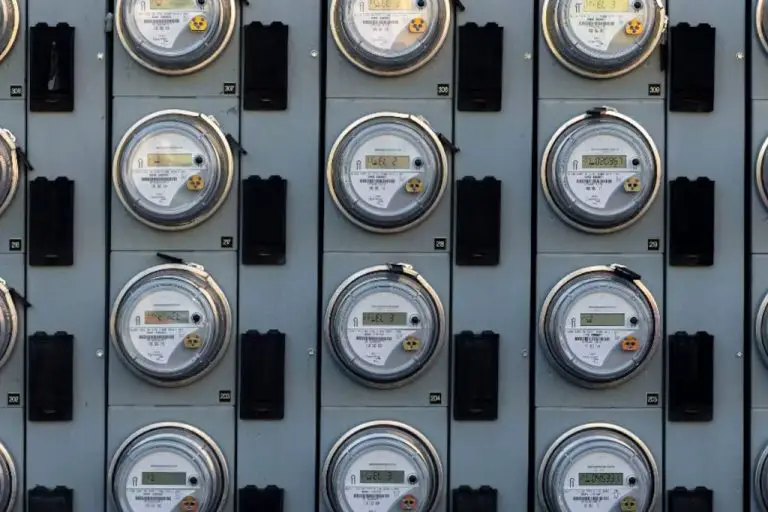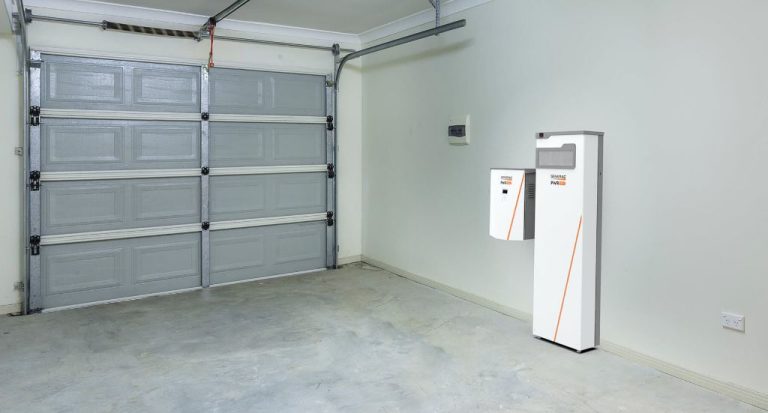Can You Convert Kilowatts To Kilowatt-Hours?
Kilowatts (kW) and kilowatt-hours (kWh) are both measurements of electricity, but they measure different aspects. kW measures power – the rate at which electricity is being used at a specific moment. kWh measures energy – the total amount of electricity used over time.
Power is measured in Watts, where 1 kW = 1000 Watts. Energy is measured in Watt-hours, where 1 kWh = 1000 Watt-hours. Power and energy are related, but distinct. Power describes the rate of energy flow, while energy describes the total amount consumed.
To compare kW and kWh, power is like the speed of a vehicle, while energy is like the distance traveled. kilowatts measure how fast electricity is being used at any given instant, while kilowatt-hours measure the total electricity used over time.
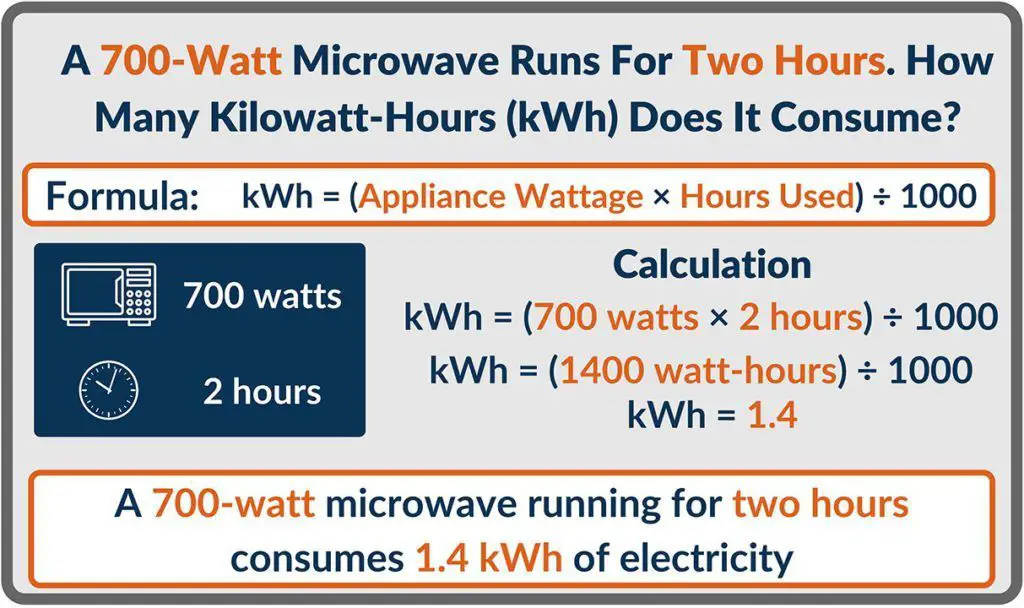
Units of Power vs. Energy
When discussing electricity, it’s important to understand the difference between units of power and units of energy. Power and energy, while related, are distinct concepts with different units of measurement.
Power is the rate at which energy is transferred or converted per unit of time. For electrical systems, power is measured in watts (W). Kilowatts (kW) and megawatts (MW) are also commonly used to measure electrical power.
Energy is the ability to do work. In electrical systems, energy is measured in watt-hours (Wh). For larger amounts of electrical energy, kilowatt-hours (kWh) and megawatt-hours (MWh) are used.
The key difference is that power (watts) is a measure of instantaneous energy transfer, while energy (watt-hours) is a measure of total energy used or produced over time. Kilowatts measure the rate of energy transfer, while kilowatt-hours measure the total amount of energy transferred.
Watts, Kilowatts, Megawatts
Watts, kilowatts, and megawatts are different units used to measure power. Power is the rate at which energy is transferred or consumed over time. These units are related by the following scale:
- 1 watt (W) = 1 joule per second
- 1 kilowatt (kW) = 1000 watts
- 1 megawatt (MW) = 1000 kilowatts = 1,000,000 watts
So 1 kilowatt is equal to 1000 watts, and 1 megawatt is equal to 1000 kilowatts or 1 million watts. The prefixes “kilo-” and “mega-” are metric system prefixes that mean “one thousand” and “one million” respectively.
For example, a typical lightbulb uses about 60 watts of power. Ten of these lightbulbs together would use 600 watts or 0.6 kilowatts of power. A large commercial wind turbine can generate around 5 megawatts of power when operating at full capacity.
Knowing the relationships between watts, kilowatts, and megawatts allows you to convert between these common units of power as needed.
Kilowatt-Hours
A kilowatt-hour (kWh) is a unit of energy that represents the amount of electricity consumed over time. Specifically, a kilowatt-hour is the amount of energy equivalent to a power consumption of 1 kilowatt for 1 hour.
While a watt measures instantaneous power and a kilowatt measures 1,000 watts of power, a kilowatt-hour measures energy consumption over time. Electricity consumption is typically measured and billed in kilowatt-hours.
For example, if a 100 watt light bulb is left on for 10 hours, it will consume 1,000 watt-hours or 1 kilowatt-hour of electricity (100 watts x 10 hours). Kilowatt-hours allow us to calculate the total energy used over a period of time, providing a useful way to measure and compare electric energy consumption.
Calculating Kilowatt-Hours
Kilowatt-hours (kWh) are calculated by multiplying power (in kilowatts) by time (in hours). The formula is:
kWh = kW x h
Where:
- kWh is kilowatt-hours
- kW is power in kilowatts
- h is time in hours
For example, if a device uses 1 kilowatt (1 kW) of power for 3 hours, the energy usage would be:
kWh = 1 kW x 3 h = 3 kWh
So this device used 3 kilowatt-hours of energy in 3 hours.
This basic formula can be used to calculate kWh for any power rating over any time duration. Just insert the kW power and hours to determine the total kilowatt-hours consumed or produced.
Kilowatts to Kilowatt-Hours Conversion
To convert kilowatts (kW) to kilowatt-hours (kWh), you need to multiply the kilowatts by the number of hours used. This converts the power in kilowatts to the equivalent energy in kilowatt-hours.
The formula is:
kWh = kW x hours
Where:
- kWh is the energy in kilowatt-hours
- kW is the power in kilowatts
- Hours is the time in hours
For example, if a device uses 5 kW of power for 3 hours, the energy used is:
kWh = 5 kW x 3 hours = 15 kWh
So 5 kW for 3 hours is 15 kilowatt-hours.
This conversion formula works for any value of kilowatts and hours. Just multiply the kW by the hours to get the equivalent number of kWh.
Kilowatt-Hours to Kilowatts Conversion
To convert kilowatt-hours (kWh) to kilowatts (kW), you need to divide the kilowatt-hours value by the number of hours. This gives you the rate of power usage over that time period in kilowatts.
The formula is:
kW = kWh / hours
Where:
- kW is the power in kilowatts
- kWh is the energy usage in kilowatt-hours
- Hours is the time period the energy was used over
For example, if you used 12 kWh of energy over a 4 hour period, you would calculate the power usage in kilowatts as:
kW = kWh / hours
kW = 12 kWh / 4 hours
kW = 3 kW
So if you use 12 kWh over 4 hours, your average power usage was 3 kW.
This conversion allows you to determine the rate of power usage based on an energy consumption over a specific time period. Knowing the kilowatts helps understand the instantaneous demand rather than the total energy used.
Examples and Sample Calculations
To further illustrate how to convert between kilowatts (kW) and kilowatt-hours (kWh), let’s go through some sample calculations:
Example 1: Let’s say you have an appliance that is rated for 1.5 kW (1500 watts) of power. You use this appliance for 30 minutes. To find how many kWh it consumed:
Power (kW): 1.5 kW
Time (hours): 0.5 hours (30 min = 0.5 hr)
kWh = Power (kW) x Time (hr)
= 1.5 kW x 0.5 hr
= 0.75 kWh
So in this case, using a 1.5 kW appliance for 30 minutes consumes 0.75 kWh of energy.
Example 2: Your monthly electricity bill says you used 450 kWh. What is your average power usage in kilowatts?
Energy (kWh): 450 kWh
Time (hours): 720 hours (30 days x 24 hr/day)
Power (kW) = Energy (kWh) / Time (hr)
= 450 kWh / 720 hr
= 0.625 kW
So your average power usage was 0.625 kW or 625 watts.
Applications
Converting between kilowatts and kilowatt-hours is useful in many real-world contexts:
In households, utility bills are often measured in kilowatt-hours to charge for electricity usage over time. Knowing how to convert kilowatts to kilowatt-hours helps homeowners estimate their energy costs.
For appliances and devices, their power rating is measured in watts or kilowatts. This indicates how much instantaneous power they draw. Knowing how to convert kilowatts to kilowatt-hours helps estimate the energy consumption over time for different appliances.
In industry and manufacturing, energy audits need to measure both power demands of equipment in kilowatts and overall energy usage over time in kilowatt-hours. Converting between the two units is essential for understanding electricity loads.
For power generators and supply systems, their capacity is rated in kilowatts or megawatts. Converting to kilowatt-hours helps assess if there is sufficient energy generation over time to meet overall demand.
In energy policies and regulations, targets for renewable energy adoption or carbon emissions reductions are often set in kilowatt-hours. Understanding kilowatt to kilowatt-hour conversions allows proper goal setting and compliance tracking.
Conclusion
In summary, kilowatts and kilowatt-hours are two related but distinct units of measurement used in electricity. Kilowatts measure power, which is the rate at which energy is transferred or consumed. Kilowatt-hours measure energy, which is the ability to do work over time. To convert between the two, you simply multiply or divide by time. For example, a device that operates at 1 kilowatt for 1 hour has used 1 kilowatt-hour of energy. Understanding the difference between power and energy, and how to convert between kilowatts and kilowatt-hours, is essential for calculating electricity usage and costs.
The key points covered in this content were:
- Kilowatts measure power, kilowatt-hours measure energy
- Power is instantaneous, energy accumulates over time
- To convert kilowatts to kilowatt-hours, multiply by time in hours
- To convert kilowatt-hours to kilowatts, divide by time in hours
- Kilowatt-hours allow you to calculate total energy use and electricity costs
With this understanding of the relationship between kilowatts and kilowatt-hours, you can now easily perform conversions and calculations involving these important units of electricity.

